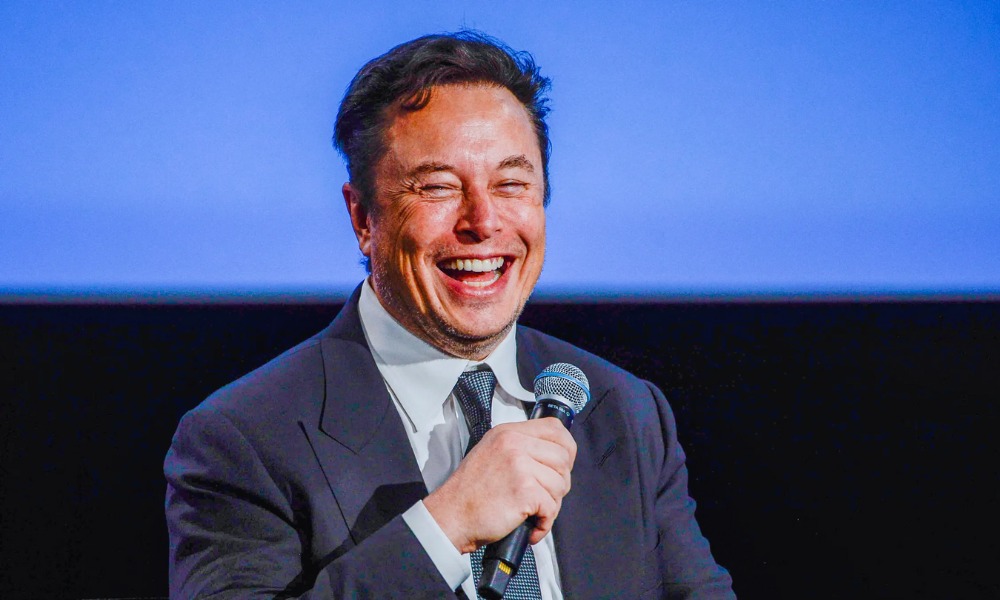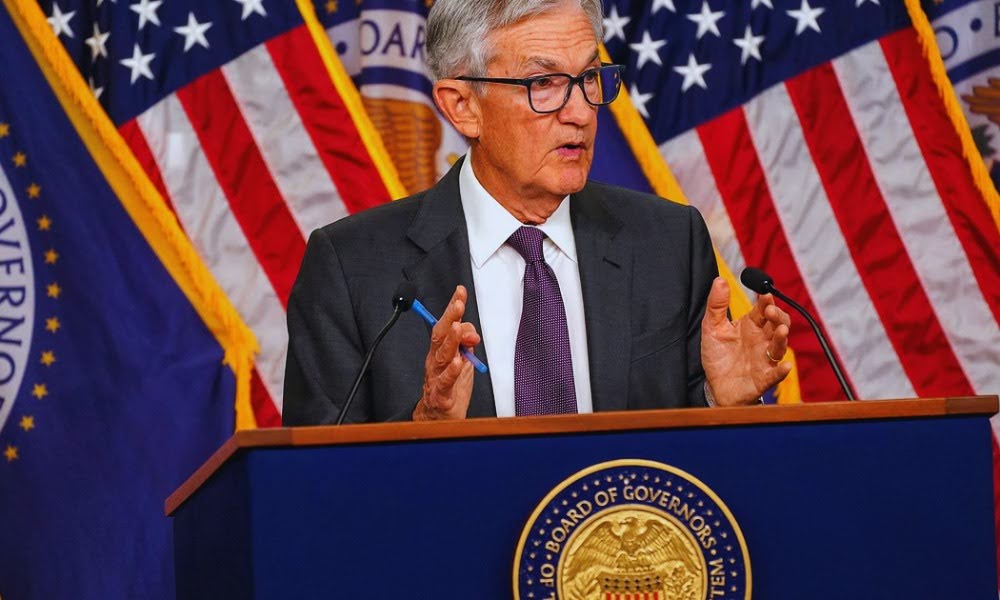Elon Musk’s Twitter Gamble: From Chaos to Comeback

In October 2022, Elon Musk acquired Twitter for $44 billion—an amount many considered an overpayment.
Immediately after the acquisition, Musk implemented drastic changes, leading to internal turmoil and a sharp decline in the company’s advertising revenue and overall valuation.
However, nearly two and a half years later, X, the rebranded version of Twitter, appears to be on the verge of regaining its original value.
X’s Fundraising Efforts and Market Rebound
According to a Bloomberg report, X is currently in discussions to raise funds at a $44 billion valuation. Though the talks remain uncertain, this potential fundraising signals a notable turnaround for the platform.
The company’s improved outlook aligns with the return of major advertisers, including Apple and Amazon, who had previously distanced themselves due to concerns over the rise of hate speech on the platform.
Additionally, bondholders who had suffered major losses in their investments recently managed to offload billions in X debt at 97 cents on the dollar—albeit with high interest rates.
Another contributing factor to X’s revival is its reported stake in Musk’s artificial intelligence company, xAI, which is itself seeking a $75 billion valuation.
Musk’s Influence in the Trump Era
A key driver behind X’s resurgence is Musk’s growing influence in the political landscape, particularly with former President Donald Trump’s return to office.
Musk’s appointment as a special government employee in Trump’s administration has given him significant leverage over federal operations, and investors appear to be betting on his leadership rather than X’s business fundamentals.
Similar to how Trump’s struggling social media company, Trump Media & Technology Group, holds a market value of over $6 billion despite minimal revenue, X’s potential growth seems tied to Musk’s proximity to power.
Under Musk’s ownership, X has transformed into a major platform for Trump and his administration, making it essential for political discourse and real-time updates.
The Evolution of X Under Musk
Following Musk’s takeover, X underwent sweeping changes that drastically altered its identity:
- Massive Layoffs: Approximately 80% of X’s workforce was let go.
- Policy Reversals: The ban on Trump’s account was lifted, and previously suspended accounts, including those of white supremacists and conspiracy theorists, were reinstated.
- Verification System Overhaul: The blue checkmark system was restructured, making it harder to verify authentic users.
- Changes in Moderation: X elevated the “Community Notes” user-generated fact-checking system while removing key content moderation policies.
- Advertiser Fallout: Musk publicly clashed with advertisers who left the platform, including a controversial exchange with Disney CEO Bob Iger, telling advertisers to “go f**k yourself” at the November 2023 DealBook Summit.
Legal Challenges and Free Speech Debates
In response to criticisms of X’s handling of hate speech, the Center for Countering Digital Hate (CCDH) published reports outlining the rise in harmful content.
X, in turn, sued CCDH, accusing it of driving advertisers away. However, a federal judge dismissed the lawsuit, ruling that the case aimed to suppress free speech.
Musk had initially envisioned X as an “everything app” similar to WeChat, integrating payments, e-commerce, entertainment, and news.
While progress has been made—such as a recent partnership with Visa for digital wallets—the platform remains far from achieving this goal. X’s credibility issues continue to deter advertisers and users alike.
Financial Standing and Investor Optimism
Fidelity Investments, which holds a stake in X, had significantly devalued the company in October 2024, estimating it to be worth just 20% of Musk’s purchase price.
By December, X’s valuation had climbed to 30% of the original amount. The recent rebound, spurred by returning advertisers and investor confidence, has given X a renewed sense of financial stability.
Musk’s cost-cutting strategies have likely improved profit margins, but without public financial disclosures (since X is now privately owned), it remains difficult to assess the full impact.
Tech analyst Gil Luria suggests that the company’s profitability may have improved, though transparency remains an issue.
The Road Ahead: X’s Competitive Landscape
Despite its recent successes, X faces stiff competition from alternative platforms like TikTok and emerging Twitter-like services.
Advertisers returning to X may be motivated by broader efforts to align with the Trump administration, but their long-term commitment remains uncertain.
Meanwhile, Musk’s other ventures are thriving. Tesla’s stock has surged over 40% since Trump’s victory, SpaceX was valued at $350 billion in December, and xAI is poised to raise $10 billion at a $75 billion valuation.
Banks, led by Morgan Stanley, have managed to offload portions of the $13 billion debt backing Musk’s acquisition, attracting interest from large fund managers.
Bloomberg reports that the financing talks for X remain ongoing, marking the first known investment round since Musk took the platform private.
Elon Musk’s X, once considered a financial disaster, is now on the verge of returning to its original $44 billion valuation.
His close ties with Trump and the reengagement of advertisers have played a significant role in this recovery.
However, X’s long-term viability will depend on its ability to sustain advertiser confidence, navigate political dynamics, and compete in an evolving digital landscape.








